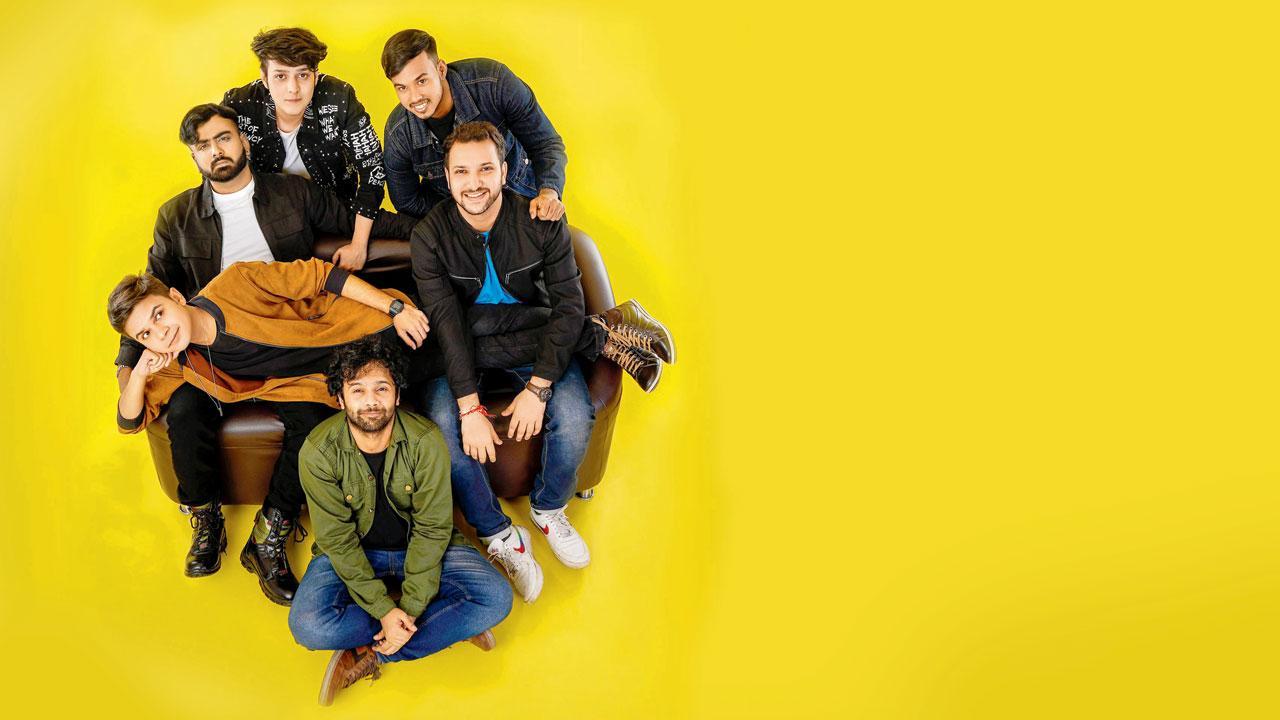Industry insiders dissect how musicians are using social media to take their music directly to listeners

Last Minute India is an independent band that will release a song next week sans any management
The old is gradually giving way to the new. There was a time stretching from the early 20th century all the way to the early 21st when musicians largely depended on labels as a means to reach their audiences. These labels essentially acted as middle-men, like real-estate brokers who connect landlords to tenants and pocket a slice of the pie. No one really questioned this model because, well, that’s just the way things worked. But then came the Internet, and along with it, streaming apps. Suddenly, digital music distributors became an alternative vehicle for artistes to reach listeners. Musicians gained a level of independence on platforms like Spotify and YouTube that they didn’t have before. And that independence extended to social media too, with artistes using apps like Instagram, Facebook and TikTok (before it was banned in India) to amplify their growth.
ADVERTISEMENT
It’s this advent — that of musicians using social media as a tool to release their songs — that has democratised the market to a large extent because here, they don’t even need distributors as they would with streaming apps. Yashraj Mukhate, for example, is a musician who burst onto the scene in February this year with Pawri hori hai, a spoof track he released on Instagram that went so viral that he’s now amassed 2.2 million followers. “There is definitely a shift,” feels Danish Chaudhary, curator for a music streaming app, adding, “It’s quite comparable to the old days when venues and gig promoters would book artistes based on how many people they could get to the show. Now, having a massive fan-following on social media adds to your clout because labels are assessing how you are using these platforms. That has become a screening process.”
What’s on the label?
He clarifies that this is not true for major global labels like Sony and Universal, though, saying, “They will probably not care whether an artiste has a following or not. But there are many new aggregators and smaller agencies that have come into play, who would rather sign someone with a large fan-following on social media instead of starting from zero.”

Parth Taco and Danish Chaudhury
Then there are artistes who don’t want to sign to a label at all, who choose to retain their individuality instead of sacrificing their art at the altar of corporate suits. Last Minute India is one such band. The Mumbai-based act is releasing a new song called Rehnuma (for which they are playing a pre-launch gig at The Stables in Andheri East this evening) without any backing from any kind of management at all. “That way, we can keep all the rights of our songs to ourselves,” reasons Subodh Gupta, who co-founded the act with Bhumit Gor, adding, “Releasing music independently gives us total freedom over our content.”
An eye into the future
That is the biggest boon for artistes when it comes to breaking free of the shackles of music labels, though Gor does tell us that the traditional model helps musicians reach a bigger audience even though they do have to compromise on their art at times. But in the case of social media being a launch pad for artistes, Parth Taco, co-founder of art curation platform White Noise who also manages musicians, has a word of caution. “Social media as we know it is going to change in no time at all. Facebook already seems outdated and unless Instagram does something new and shiny, it will be left behind too. That’s why you can’t bank on a social media platform and say that this is going to make me money. Metaverse is going to be a parallel reality and you never know what will change,” he says, indicating how musicians can’t keep all their eggs in one basket. So, yes, the old model of music distribution has been disrupted for sure. But who know what the future will hold?
 Subscribe today by clicking the link and stay updated with the latest news!" Click here!
Subscribe today by clicking the link and stay updated with the latest news!" Click here!







